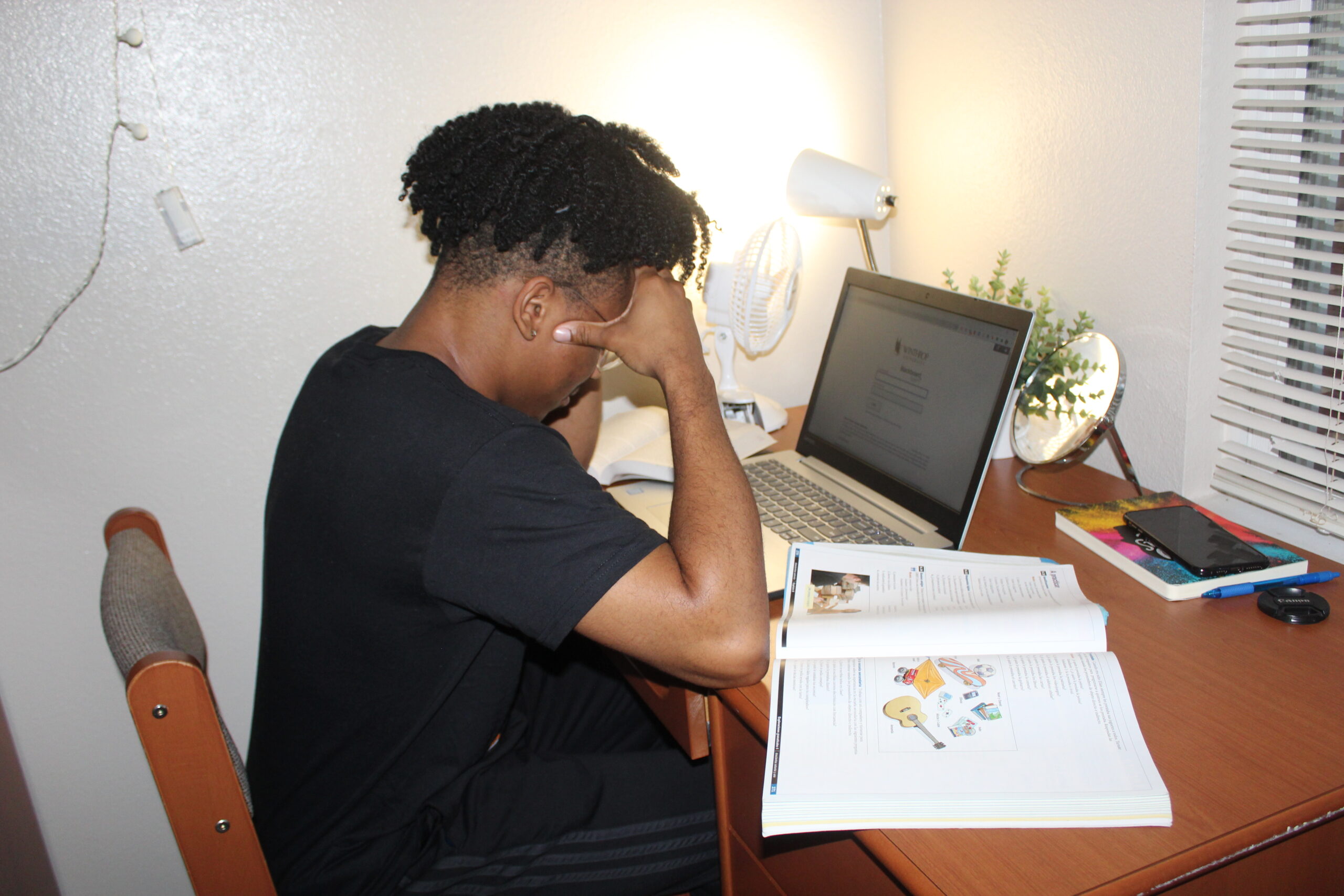Nov. 4 is National Stress Awareness Day, a time to take a good look at how we are living our lives in a world that has seldom been as stressful as it is now. Stress is something that everyone, young or old, student or employee, has to deal with.
Sometimes, stress can be a good thing. It encourages us to complete assignments and other obligations we have to ourselves and to others. But if we’re not careful, stress can take control of our lives.
On college campuses across the country, including Winthrop University, students are just as susceptible to stress as ever, perhaps even more so as a result of COVID-19. The group that is likely the most susceptible are this year’s freshmen.
The high school class of 2020 had quite a rocky finish to the end of their high school careers. Many had to finish their senior years online. Proms were canceled, diplomas were sent in the mail and families and loved ones couldn’t attend graduations, if they were held at all.
College hasn’t started off so smoothly either. Orientations were held virtually, and the usual fairs and events that showcased everything campuses have to offer had to be moved online. Transitioning to a new environment while deal- ing with the effects of COVID-19 has not been easy.
According to Camryn Harsey, a freshman special education major, one of the more stressful differences between college and high school has been living at school. She believes that “having that separation between school and where you sleep and where you hang out is necessary.”
Another freshman, Steffan Mayrides, a dance education major, feels that his newfound freedom has caused a lot of stress. He explained that “my procrastination loves to kick in…with all this freedom, I think I’ll just do it later. I eventually will do it, but it stresses me out that I push it off to the side and I can’t get out of that loop.”
COVID-19 has added to this stress in many ways, whether it be the concern that Winthrop’s campus might see some spreading as more students start coming back, or just the way it has caused many classes to be held virtually rather than in-person.
Isabella Fleischer, a freshman early childhood education major, explained how COVID-19 has made her life more stressful simply because of “the unknown of when everything will go back to somewhat normal.”
No matter how bad stress becomes, there are many techniques that can be used to help deal with it and make it work in your favor. For instance, Fleischer said that “a change of scenery helps me when I’m stressed out, leaving my room or leaving the apartment, and being outside is always helpful.”
It can be little things like leaving your workspace for a minute or two, getting a snack or taking a quick walk that can help clear your mind and put things into perspective.
Another strategy can be to plan out everything that needs to be done. Harsey said, “I try and plan my week at the beginning, and I use checklists,” and similarly, Mayrides said, “I make a mental list of everything I need done and when it’s due, because if I write it down it’s not going to work.”
Everyone is different, so everyone will accommodate their stress in different ways.
But what’s most important is that we do accommodate stress.
As awful as it may sometimes be, it’s just a part of human nature. If we don’t accommodate it, then it can become crippling and ruin the way we work.
So, consider using National Stress Awareness Day to take a deep breath, get some fresh air and remember that you can control your stress, and you’ll become much better for it.
Photo by Jamia Johnson




